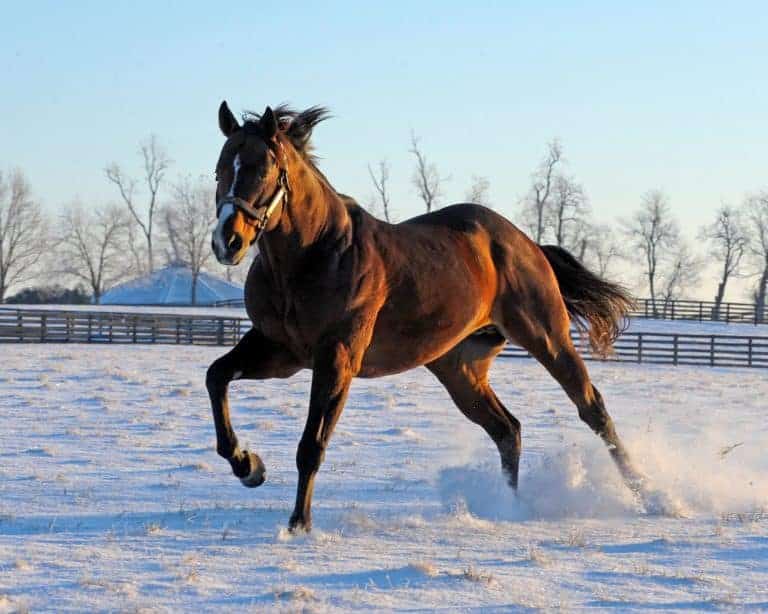Last Year’s Drought on This Year’s Pasture?
Throughout Kentucky, the summer of 1999 will be remembered for hot days and a lack of rain. While the drought and its effects were readily noted this past summer and fall, horse owners need to consider what the drought may have done to their
















